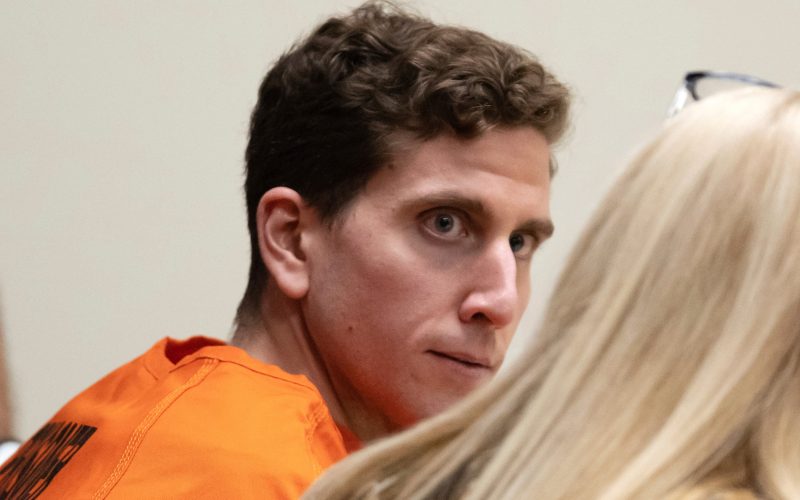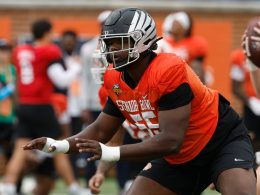BOISE — A court ruled on Wednesday that the genetic investigative procedure that forms the basis of the case was constitutional, refusing to exclude crucial evidence against the man accused of murder in the deaths of four University of Idaho students.
Bryan Kohberger’s defense team argued that law enforcement had violated his constitutional rights when they employed a procedure known as Investigative Genetic Genealogy, or IGG, to find potential suspects, but Judge Steven Hippler was unconvinced.
The ruling eliminated what might have been a significant blow to the prosecution’s case prior to the August trial, and it was made about a month after a two-day hearing.
Ethan Chapin, Xana Kernodle, Madison Mogen, and Kaylee Goncalves were murdered early on November 13, 2022, at a rented house close to the Moscow, Idaho, campus. Kohberger is accused of four charges of murder in connection with their deaths. Last year, Kohberger refused to submit a plea when requested to do so, so a judge entered a not guilty plea on his place. If Kohberger is found guilty, the prosecution has stated that they will pursue the death penalty.
When DNA recovered from a crime scene doesn’t turn up anything in the usual law enforcement databases, the IGG process frequently begins. At that point, researchers might examine every variation, or single nucleotide polymorphism, present in the DNA sample. In order to find potential relatives of the individual whose DNA was discovered at the scene, those SNPs, or snippets, are subsequently uploaded to a genealogy database such as GEDmatch or FamilyTreeDNA.
The sheath of a knife that was discovered in the house where the students were tragically stabbed had contact DNA, or trace DNA, according to investigators in Kohberger’s case. Kohberger was identified as a potential suspect by the FBI using the IGG technique on that DNA.
Police never requested warrants to examine DNA recovered from the crime scene or to examine the DNA of possible relatives submitted to genealogical databases, according to defense lawyer Anne Taylor. She contended that the IGG identification and all of its consequences should be suppressed by the court.
According to the judge, Kohberger’s defense would have to demonstrate that he had a reasonable expectation of privacy regarding the object or location searched in order to have evidence based on a warrantless search excluded.
Hippler stated that the sheath, of which he claims no ownership or awareness, was abandoned along with whatever privacy interest he may have had in the DNA. The defendant has not shown that it is appropriate to acknowledge a privacy interest in DNA left at a crime scene, even in the absence of such abandonment.
Three further defense attempts to suppress evidence, including cellphone data, and to challenge the warrants’ issuance were also denied by the judge.
The Associated Press










